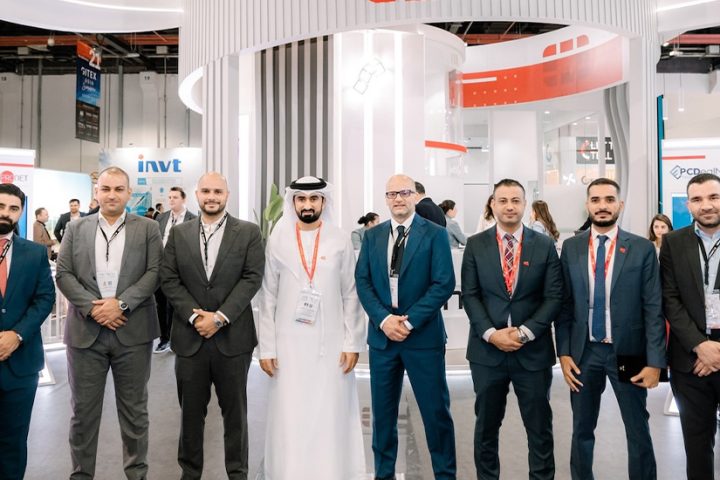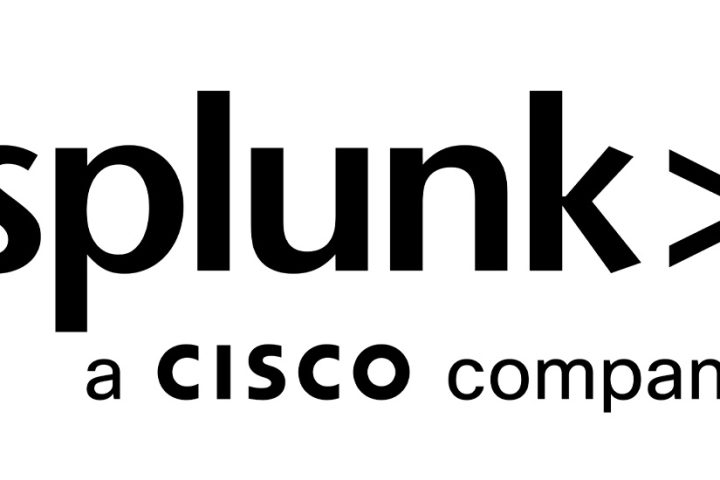The new global study, The Right Technologies Unlock the Potential of the Digital Workplace by Aruba, a Hewlett Packard Enterprise company reveals both the business and human benefits of more digitally-driven workplaces, and how companies that are less technologically advanced are at risk of falling behind the competition and not attracting top talent. It also notes that companies must be vigilant as more digital-savvy employees are taking greater risks with data and information security.
The study of 7,000 employees across 15 countries, including the UAE, revealed a clear chasm in employee performance and sentiment between more advanced digital workplaces and those that employ digital technology to a lesser degree. A number of key themes emerged: Beyond productivity, digital tools unlock human benefits: “Digital Revolutionaries” – employees identified as those who work in fully-enabled digital workplaces where new workplace technologies are in widespread use – were 51% more likely to have strong job satisfaction, and 43% more likely to be positive about their work-life balance than “Digital Laggards” – those who have less access to workplace technology. The Revolutionary employees were also 60% more likely to say they are motivated at work, and 91% more likely to praise their company’s vision; Digital working also supports professional development: 65% of Revolutionaries reported they had seen professional development and growth through the use of digital technology, compared to just 31% of Laggards. With a digital workplace, 72% of Revolutionaries reported a higher ability to adopt new work skills as compared to 58% of Laggards; Productivity gains from digital technology quantified: 73% of Digital Revolutionaries reported a positive impact to their productivity and 70% cited improved collaboration thanks to digital technologies, vs. 55% of laggards; Continued advancements in digital technology and automation pave the way for better workplace experiences: While automation can be perceived as a threat to job security, our research found that there was widespread enthusiasm for it. 71% of respondents said they would welcome a fully automated workplace in the future, allowing organizations to build smarter, more effective working environments.
Gamal Emara, Country Manager, UAE at Aruba, a HPE company says, “Organizations in the country and the larger Middle East region need to understand that more digitally-driven workplaces not only foster productivity, but employee wellbeing, motivation and job satisfaction. The organizations that capitalize on implementing a digitally-enabled workplace will gain a competitive edge, by helping employees fnish tasks quicker as well as making the process more collaborative and enjoyable.”
A new paradigm has started to emerge where smart building technologies are intersecting with the digital workplace to form the Smart Digital Workplace. This is where human-centered design meets IoT and building automation. The Smart Digital Workplace can enable personalized experiences such as connected furniture and smart lighting that adapts to the user. Buildings can go greener by dynamically optimizing energy utilization based on employee patterns. These new use cases not only foster employee productivity but also improve efficiency while putting people at the center.
“This global study indicates that choice, personalization, ease and automation are improving the top line and the bottom line for organizations who are defining the future of work. Our own place of work is a living lab for the Smart Digital Workplace and we are seeing results such as faster hiring and higher offer acceptances. The benefits are tangible and go beyond productivity,” said Janice Le, Chief Marketer for Aruba, a Hewlett Packard Enterprise company














